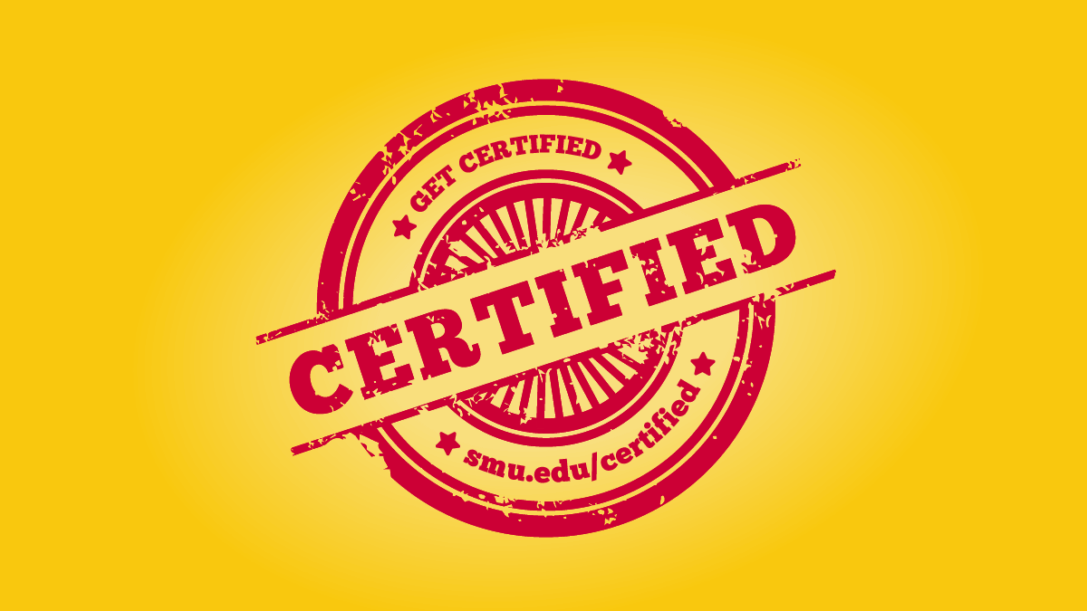How To Become A Qigong Instructor – 2024 Guide
In today’s stressful world, everybody wants peace and relaxation. Qigong (pronounced “chee-gong”) is a traditional Chinese practice used for thousands of years for physical, mental, and spiritual well-being. It is a holistic exercise involving gentle movements, deep breathing, and meditation.
Over the years, it has gained popularity worldwide and is now widely recognized as a means of improving physical health, reducing stress, and promoting overall well-being. If that sounds interesting, you can get a qigong certification through online courses too.
A Brief Introduction To Qigong’s “The Art Of Breathing”
Qigong is often referred to as the “art of breathing,” as it emphasizes the proper use of the breath. The exercises and movements are slow, gentle, and flowing and are designed to cultivate a sense of inner peace and harmony. The practice is accessible to people of all ages, abilities, and fitness levels and is often used in combination with other forms of exercise and therapy.
The origins of qigong can be traced back to ancient China, where it was used as a form of healing and self-cultivation. It was initially developed by Taoist and Buddhist monks and was passed down through generations by master teachers. Over the years, it has evolved, and many different styles have emerged, each with its unique approach to the practice.
One of the critical principles of qigong is the concept of Qi, which is often translated as “life force” or “energy.” According to traditional Chinese medicine, Qi flows through the body along pathways known as meridians. When Qi is flowing freely, the body is healthy and balanced, but illness and pain can occur when it becomes blocked. It aims to promote the flow of Qi through the body, thereby improving physical and mental health.
Easy Steps Towards Becoming A Qigong Instructor
If you’re interested in sharing the benefits of qigong with others and becoming an instructor, this guide will provide you with ten easy steps to help you get started.
Learn About Qigong
Before becoming a qigong instructor, it’s essential to have a solid understanding of the practice. Study its history, principles, and techniques, and become familiar with its various styles and forms. This will give you a foundation for teaching it to others.
Study Under A Qualified Instructor
To become a qigong instructor, it’s important to study under a qualified teacher. Look for someone who is experienced, knowledgeable, and has a good reputation in the community. Take classes, attend workshops, and participate in retreats to gain as much hands-on experience as possible.
Practice Regularly
To become a successful instructor, you need to be a dedicated practitioner. Make qigong a regular part of your daily routine, and continue to study and practice under your teacher. This will help you develop your skills and deepen your understanding of the practice.
It can be practiced in various settings, including at home, in a park, or in a studio. There are many different styles of qigong, ranging from standing posture to seated and lying down exercises. Some styles are more strenuous, while others are gentle and suitable for people of all ages and fitness levels. The length and frequency of practice can vary, but many people find that practicing for just 20-30 minutes a day can bring significant benefits.
Get Certified

Once you feel confident in your skills, you can pursue certification through a recognized organization. Look for a certification program that offers comprehensive training, hands-on experience, and a comprehensive exam. If we were to help with that, you could also get your qigong certification through online websites and courses.
Create A Portfolio
As you build your skills, create a portfolio of your work, including videos of your teaching, testimonials from students, and examples of your written work. This will demonstrate your expertise and experience to potential students and employers.
Start teaching
After getting certified and insured, you can start teaching. You can offer classes at local studios, community centers, or even online. Promote your courses and reach out to potential students to build your client base.
Create A Lesson Plan
Before teaching your first class, create a lesson plan. This should include a warm-up, a series of exercises, and a cool-down. Your lesson plan should also incorporate breathing exercises, meditation, and other elements specific to the style of qigong you’re teaching.
Create A Welcoming Environment
When teaching, creating a welcoming and inclusive environment is crucial. Encourage students to ask questions and provide feedback, and be open to making adjustments to your lessons as needed.
Continuously Improve

As you teach, continue to study and learn from other instructors and sources. Attend workshops, conferences, and retreats, and continue to deepen your understanding of the practice. This will help you improve your skills as a qigong instructor and stay up-to-date with the latest techniques and trends.
Build A Community
Finally, build a community of exercise practitioners by hosting events, workshops, and retreats. This will give your students an opportunity to connect with each other, practice together, and deepen their understanding of qigong.
Benefits Of Qigong
One of the benefits of qigong is its ability to reduce stress and promote relaxation. The gentle movements, deep breathing, and reflective elements of the practice help to calm the mind and reduce tension in the body. Research has shown that practicing it regularly can lower cortisol levels, which are associated with stress, and increase endorphins, which are associated with feelings of happiness and well-being.
It is also believed to have numerous physical health benefits. The slow, flowing movements help to increase flexibility, strengthen the muscles, and improve posture. This practice can also help manage pain, improve circulation, and promote cardiovascular health. In addition, qigong is thought to boost the immune system and help to prevent chronic illnesses such as heart disease, stroke, and diabetes.
Another benefit of qigong is its ability to improve mental health. The practice encourages mindfulness and helps to promote a sense of inner peace and calm. It is often used as a form of self-care to manage anxiety, depression, and stress. In addition, it is believed to improve cognitive function, increase focus and concentration, and enhance memory and learning.
Conclusion

In conclusion, becoming an instructor is a rewarding experience that allows you to share the benefits of this ancient practice with others. By following these easy steps, you can become a qualified, knowledgeable, and effective qigong instructor and help others improve their physical and mental well-being. Remember to be patient, persistent, and dedicated, and you will see success in your teaching career.



